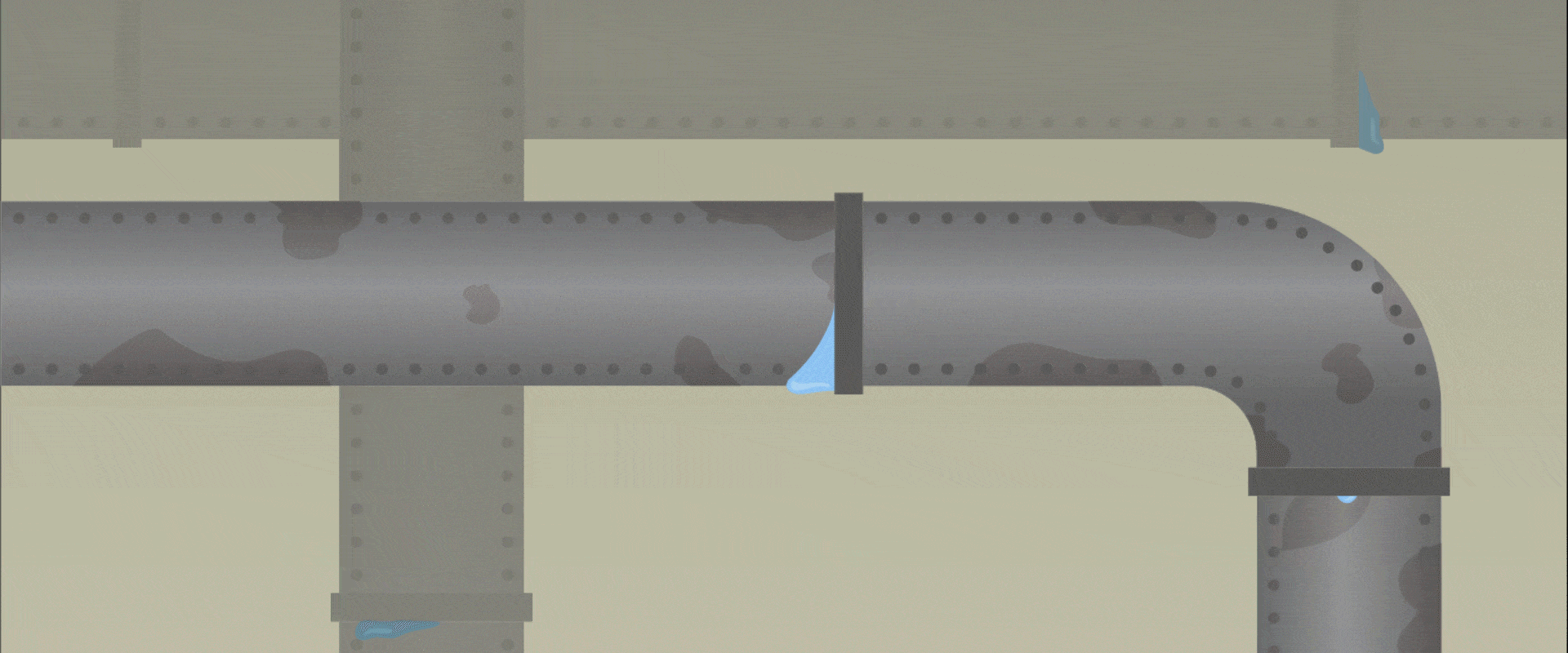
Investing in water efficiency the way we invest in energy efficiency
55% of the Portuguese territory faces severe drought, while the remaining 45% is under extreme drought, but Portugal continues to waste the equivalent of 252 olympic-sized swimming pools every day
The European continent is facing the worst drought of the last five centuries, with Portugal being one of the most affected countries. According to the latest report “Drought in Europe – August 2022” by the European Drought Observatory, almost half of the European Union (EU) territory, 47%, is under drought alert. In Portugal, the drought monitoring index used by the Portuguese Institute of the Sea and Atmosphere (IPMA) shows that 100% of the country in now facing drought (55% is in severe drought and 45% in extreme drought).
Drought is not an unknown reality in Portugal, but the frequency and intensity of the phenomenon has been increasing in recent decades and all climate projections point to the continuation of this trend, enhanced by climate change. Specialists have no doubts: the future will be hotter and drier. It is therefore imperative to implement measures aimed at rationalizing the use of water, an essential and increasingly scarce resource.
In July this year, the government decreed water rationing in the Algarve’s tourist resorts, namely the rationalization of water used in golf courses and green spaces. Many municipalities, from north to south of the country, have adopted measures to reduce water consumption, for example, by limiting non-essential public consumption (such as washing floors and cars) and minimizing the irrigation of green areas, in addition to promoting awareness campaigns that encourage citizens to save water.
These measures are certainly useful, all of them; but it is necessary to intervene upstream, i.e., to work on the supply and distribution network to control and significantly reduce leakage inherent to the system.
Daily waste of water equivalent to 252 olympic-sized swimming pools
If we look at the 2021 report of the Water and Waste Regulatory Authority (ERSAR), we see that much of the water abstracted is lost or not billed. The national water supply network loses 174 million m3 per year, nationwide. To get an idea, this is equivalent to losing 252 Olympic swimming pools every day. It’s almost as if every Portuguese municipality filled an Olympic swimming pool every day and then threw it away. A frightening number.
The reasons for these losses are well known and one of the main ones is related to the water distribution network itself. As it is usually an old and branched infrastructure, it is prone to leaks, which are hardly detected in time because they occur underground, out of sight, and the wasted water is continuously absorbed.
The absence of effective procedures for monitoring the supply network prevents the detection of water losses and makes it difficult to take the necessary measures to mitigate them. However, there are already technological solutions, based on the Internet of Things (IoT), which precisely allow collecting real-time information regarding leaks in the public water network. In other words, it is possible to act actively and systematically to prevent and mitigate water waste, thus maximizing efficiency in the management of this valuable resource.
Supporting water efficiency measures
If energy efficiency is, fortunately, an already well explored concept that is making inroads into our homes, businesses and public utilities, the notion of water efficiency is only beginning to gain relevance now, given the current context of water resources crisis and the foreseeable worsening trend related to climate change.
There are several European and governmental investment support programs that promote energy efficiency. Even with the war in Ukraine, the EU was quick to come up with several energy efficiency measures. However, as far as we know, there is nothing on the same scale for water efficiency. And there should be.
Is it not time for the EU and the Member States to start encouraging the adoption of measures to promote it? Surely, we would all gain if we saw the need to save water reflected on public policies and municipal budgets. Preferably as soon as possible, to avoid future drastic measures dictated by emergency contexts.
Miguel Allen Lima
ARQUILED CEO





